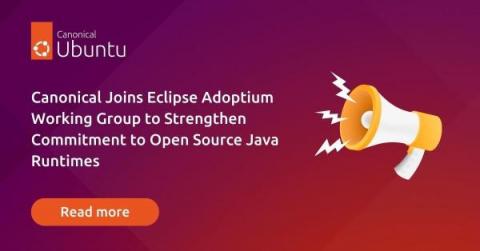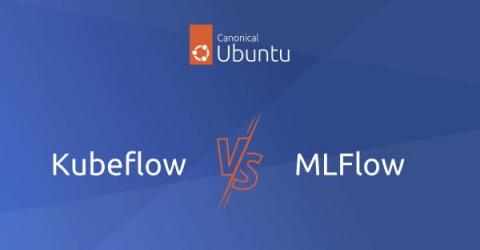Operations | Monitoring | ITSM | DevOps | Cloud
Latest Posts
Strengthen your cloud cyber security with Ubuntu Pro and confidential VMs
Canonical Joins Eclipse Adoptium Working Group to Strengthen Commitment to Open Source Java Runtimes
Kubeflow vs MLFlow: which one to choose?
Adopting a low-ops approach with software operators
Tuning a real-time kernel
Is Linux secure?
Meet Pal. Pal is a senior developer working at PalBank. For the next 6 months, Pal will be responsible for leading the development of the bank’s web application client, which will be used daily by millions of customers.
Security maintenance vs support: what's the difference?
How we improved testing Ubuntu on WSL - and how you can too!
As the popularity of Windows Subsystem for Linux increases, the Ubuntu development team is committed to delivering a first class experience for Linux developers on Windows. To achieve this we’ve made improvements to our automated testing workflows via the creation of WSL-specific GitHub actions. In this post, Ubuntu WSL engineer Eduard Gómez Escandell talks us through the motivation for this approach and how you can implement these actions for your own CI workflows.
Canonical solutions reduce SmartNIC time-to-market and drive efficiency in enterprise data centres
Data centre efficiency is a central cost factor in enterprise IT environments. So, in the face of rising energy costs and increasingly resource-intensive workloads, it is more important than ever for businesses to seek out greater optimisation. Traditionally, CPUs have been used for the majority of data centre workloads, including network related tasks.











